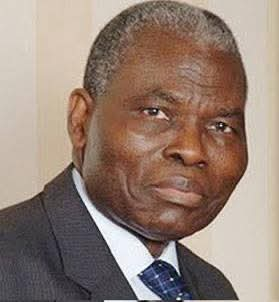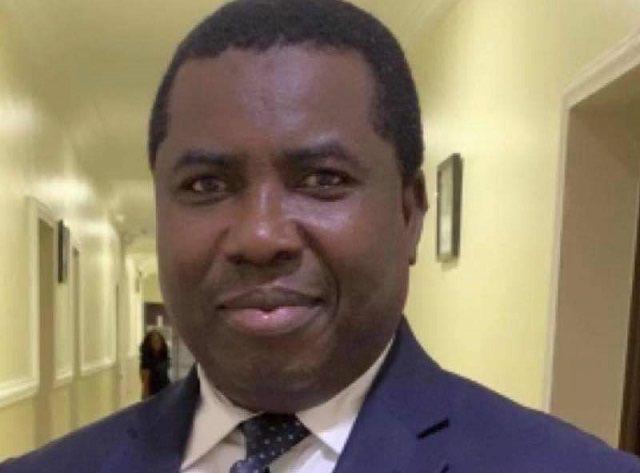By Fred O. Ndukwe

The narrative suggesting that it is taboo for an Igbo person to aspire to the position of Inspector General of Police, and that Sir Chief Mike Okiro had to deny his Igbo heritage to achieve this position, is completely unfounded. It is essential to set the record straight. Chief Ogbonna Okechukwu Onovo, who succeeded Sir Mike Okiro as IGP, did not need to renounce his Igbo identity to attain this role. This proves that an Igbo person can indeed aspire to and attain such high-ranking positions without renouncing their origin.
Let us take a closer look at the facts surrounding Sir Mike Okiro’s background. Born in Oguta (in Imo State), Okiro’s roots trace back to the Ogba/Egbema community in Rivers State, a group of Igbo speakers from the Riverine region of the state. His journey in public life began as a student leader and he actively engaged in activities related to Rivers State, notably serving as the Treasurer of the Rivers Students’ Association during his time at the University of Ibadan. This early engagement with his state of origin, coupled with his identity as an Igbo man, formed the foundation for his later rise in the Nigerian Police Force.
It is essential to recognize that Sir Okiro, throughout his career, never denied his Igbo identity. On the contrary, he consistently promoted and supported the advancement of officers of Igbo extraction within the police force, many of whom came from various parts of Igbo-speaking regions, including Anambra, Abia, Imo, and Enugu. His network of Igbo connections is vast and serves as a testament to his commitment to the Igbo community, both in Rivers State and beyond.
A person’s place of birth does not invalidate their true heritage or identity. According to Nigerian law, a citizen can claim their state of origin based on their ancestral lineage, regardless of where they were born. In the case of Sir Mike Okiro, even though he was born in Imo State, his ancestral roots are in Rivers State, making him an indigene of Rivers. This aligns with the principle of state of origin as outlined in the Nigerian Constitution, which permits individuals to trace their heritage through their parents and lineage, irrespective of birth location.
Furthermore, the example of Nigerians living abroad who are born in foreign countries but maintain their Nigerian citizenship and eligibility to aspire to public office underscores this point. The Constitution of Nigeria guarantees the right for any citizen to aspire to public office, regardless of place of birth, provided they meet other requirements.
Sir Mike Okiro’s tenure as the first Igbo man to serve as Inspector General of Police demonstrated his dedication to public service and his commitment to the advancement of his people. His strong political ties across various regions of Nigeria, including the North and South-West, further attest to the goodwill he has cultivated, which ultimately benefited the broader Igbo community.
In conclusion, the assertion that Chief Mike Okiro had to deny his Igbo heritage to attain the IGP position is inaccurate and misleading. His achievements should be viewed in the context of his exceptional service to the nation and his unwavering commitment to his roots, not as a result of any attempt to diminish his Igbo identity. It is time for the Igbo people to embrace change and unity, to move beyond divisive narratives, and to focus on advancing their political and economic interests for the collective good.
… Ndukwe the Onu-Oha (Ujuruezie Kingdom) writes from Abuja














Leave a Reply